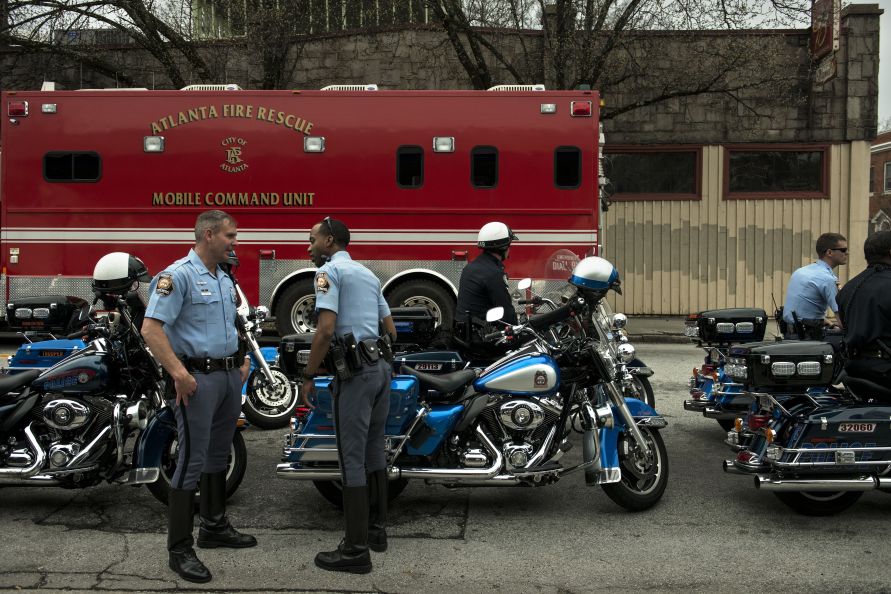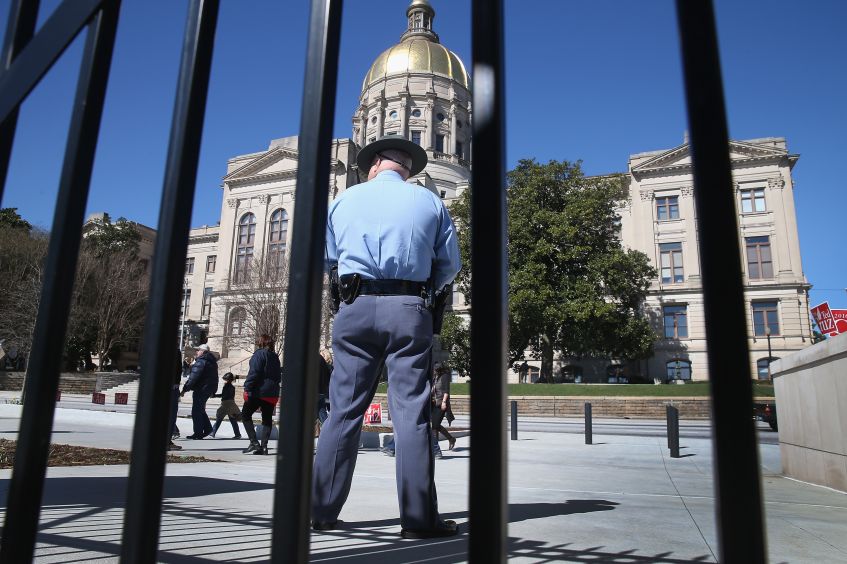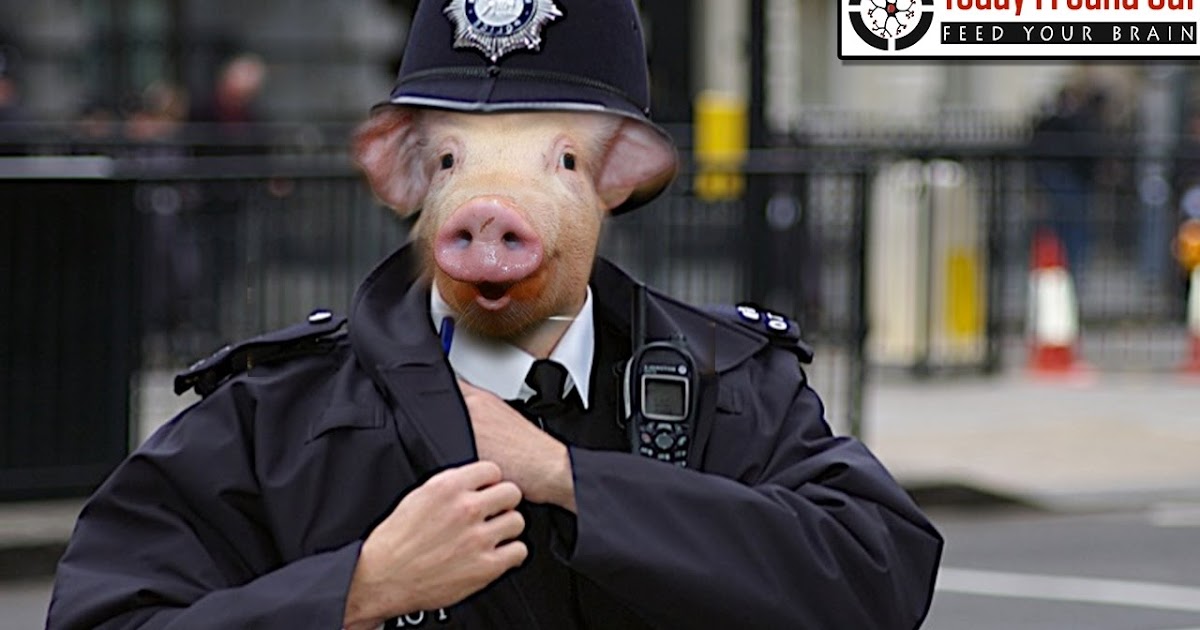Calling the police is one of those things we hope we never have to do, but when the time comes, it’s crucial to know what to expect. The phrase "why do people call police 12" might sound a little confusing at first, but it’s all about understanding the role of emergency services in our lives. Whether it's a crisis, an urgent situation, or just needing help, dialing the right number can make all the difference. Let’s dive into why people reach out to the police in emergencies and how this service works.
Let’s face it, life can get messy sometimes. Accidents happen, crime occurs, and unexpected situations pop up without warning. That’s where emergency services like the police come in. When people talk about calling "police 12," they’re usually referring to the emergency numbers or protocols that connect them to law enforcement. Knowing why and when to call is not just important—it’s life-saving.
Before we dive deeper, let’s clarify something: the number "12" might not always be the actual emergency number in your area. Depending on where you live, it could be 911, 112, or another code. The key takeaway here is understanding the importance of reaching out to the police when necessary and knowing what to expect when you do. So, let’s explore this topic further and uncover the reasons behind why people call the police in emergencies.
Read also:Strawberrytabby Leaked 2025 The Untold Story Unveiled
What Does "Police 12" Actually Mean?
When someone mentions "police 12," they’re often referring to the emergency services that people contact in times of need. While the number "12" might not be the actual dialing code, it’s a placeholder for the idea of reaching out to law enforcement for help. Emergency numbers like 911 in the U.S., 112 in Europe, or other local codes are designed to provide quick access to police, fire, and medical services.
Understanding what "police 12" means is essential because it highlights the importance of having a reliable system in place for emergencies. These numbers are staffed by trained professionals who can assess situations, dispatch the appropriate resources, and provide guidance until help arrives. Whether it’s a robbery, a medical emergency, or even a lost pet, calling the police can make a huge difference.
Why Do People Call the Police?
People call the police for a variety of reasons, and each situation is unique. Here are some of the most common reasons:
- Crime and Safety Concerns: If someone witnesses a crime or feels unsafe, contacting the police is the first step toward resolving the issue.
- Emergencies: Whether it’s a fire, a car accident, or a medical emergency, the police can coordinate with other emergency services to provide assistance.
- Lost or Missing Persons: When someone goes missing, the police are often the first point of contact for families and friends.
- Domestic Issues: Domestic disputes or violence situations require immediate intervention, and the police are trained to handle such cases.
Calling the police isn’t just about big emergencies. Sometimes, it’s about smaller issues that could escalate if left unchecked. Knowing when to call is just as important as knowing how to call.
Understanding Emergency Numbers
Emergency numbers vary depending on the country or region you’re in. Here’s a quick breakdown of some common codes:
- 911: Used in the United States and Canada for police, fire, and medical emergencies.
- 112: The standard emergency number in the European Union and many other countries.
- 000: Used in Australia for emergency services.
- 999: Commonly used in the United Kingdom and some other countries.
While "police 12" might not be an actual number, it represents the idea of reaching out for help during critical moments. Knowing the correct emergency number for your location is crucial for ensuring quick and effective assistance.
Read also:Nancy Mckeon The Star Who Stole Hearts On Screen And Beyond
How Do Emergency Services Work?
When you call an emergency number, you’re connected to a dispatcher who gathers information about your situation. This person is trained to ask the right questions, prioritize the urgency of the call, and send the appropriate resources to your location. Here’s how the process typically works:
- Answering the Call: The dispatcher answers your call and asks for details about the situation.
- Gathering Information: You’ll be asked for your location, the nature of the emergency, and any other relevant details.
- Dispatching Resources: Based on the information provided, the dispatcher sends police officers, firefighters, or paramedics to assist you.
- Providing Guidance: While you wait for help to arrive, the dispatcher may give you instructions to keep you safe or provide first aid.
This system is designed to ensure that help arrives as quickly as possible, minimizing the risk of further harm or damage.
Common Misconceptions About Calling the Police
There are several misconceptions about when and why people call the police. Let’s clear up a few of them:
- "I Don’t Want to Bother Them": Emergency services are there to help, and no situation is too small to warrant a call. If you’re unsure, it’s always better to call and let the professionals decide.
- "They Won’t Take Me Seriously": Dispatchers are trained to handle a wide range of calls, from life-threatening emergencies to minor inconveniences. Your call will be taken seriously and addressed accordingly.
- "I Can Handle It Myself": While self-reliance is important, some situations require professional intervention. Don’t hesitate to call for help if you feel overwhelmed or unsafe.
Understanding these misconceptions can encourage more people to reach out when they need assistance, ensuring that emergencies are handled effectively.
When Should You Call the Police?
Knowing when to call the police is crucial for ensuring your safety and the safety of others. Here are some scenarios where contacting law enforcement is appropriate:
- In Progress Crimes: If you witness a crime happening in real-time, such as a burglary or assault, call the police immediately.
- Threats to Life or Property: Any situation that poses a threat to someone’s life or property should be reported to the police.
- Missing Persons: If someone you know has gone missing, especially a child or elderly person, contact the police as soon as possible.
- Domestic Violence: In cases of domestic abuse or violence, the police can provide immediate protection and support.
Remember, it’s always better to err on the side of caution. If you’re unsure whether a situation warrants a call, it’s best to reach out and let the professionals assess the situation.
How to Make an Emergency Call
Making an emergency call might seem straightforward, but there are a few things to keep in mind to ensure the process goes smoothly:
- Stay Calm: Take a deep breath and try to remain calm. This will help you communicate clearly with the dispatcher.
- Provide Clear Information: Be prepared to give your location, the nature of the emergency, and any other relevant details.
- Follow Instructions: Listen carefully to the dispatcher’s instructions and follow them to the best of your ability.
- Stay on the Line: Unless instructed otherwise, remain on the call until help arrives or the dispatcher tells you it’s okay to hang up.
By following these steps, you can ensure that the police and other emergency services have all the information they need to assist you effectively.
What Happens After You Call?
Once you’ve made the call, the process continues with the dispatch of resources. Here’s what happens next:
- Dispatching Officers: Based on the information provided, police officers or other emergency personnel are sent to your location.
- Arrival on Scene: The responding officers will assess the situation and take appropriate action to ensure safety.
- Follow-Up: Depending on the nature of the emergency, you may be asked to provide additional information or file a report.
Knowing what to expect after you call can help reduce anxiety and ensure that the situation is handled efficiently.
The Importance of Emergency Services
Emergency services play a vital role in maintaining public safety and responding to crises. Whether it’s the police, fire department, or medical services, these professionals are trained to handle a wide range of situations. Here’s why they’re so important:
- Quick Response Times: Emergency services are designed to respond quickly to calls, minimizing the risk of harm or damage.
- Expertise and Training: Officers and other personnel undergo extensive training to handle emergencies effectively.
- Community Support: By providing assistance in times of need, emergency services help build trust and strengthen communities.
Understanding the importance of these services can encourage more people to reach out when they need help, ensuring that emergencies are addressed promptly and professionally.
How Can You Support Emergency Services?
While emergency services are there to help us, there are ways we can support them in return:
- Know Your Emergency Number: Memorize the correct emergency number for your area and share it with your family and friends.
- Respect Their Time: Only call emergency services for true emergencies, and avoid prank calls or unnecessary disruptions.
- Stay Informed: Educate yourself about emergency preparedness and share this knowledge with others in your community.
By supporting emergency services, we can help ensure that they’re available to assist those who truly need them.
Conclusion: Why Do People Call Police 12?
In conclusion, the phrase "why do people call police 12" boils down to the importance of emergency services in our lives. Whether it’s a crime, an accident, or a missing person, calling the police can make all the difference in resolving a situation. By understanding when and how to call, we can ensure that help arrives quickly and effectively.
So, the next time you find yourself in a situation where you need assistance, don’t hesitate to reach out. Emergency services are there to help, and knowing how to use them can save lives. Share this article with your friends and family, and let’s work together to build safer, more informed communities.
Have you ever had to call the police in an emergency? Share your story in the comments below, and don’t forget to check out our other articles for more tips and insights on staying safe and prepared.
Table of Contents
- Why Do People Call Police 12?
- What Does "Police 12" Actually Mean?
- Why Do People Call the Police?
- Understanding Emergency Numbers
- How Do Emergency Services Work?
- Common Misconceptions About Calling the Police
- When Should You Call the Police?
- How to Make an Emergency Call
- What Happens After You Call?
- The Importance of Emergency Services
- How Can You Support Emergency Services?



